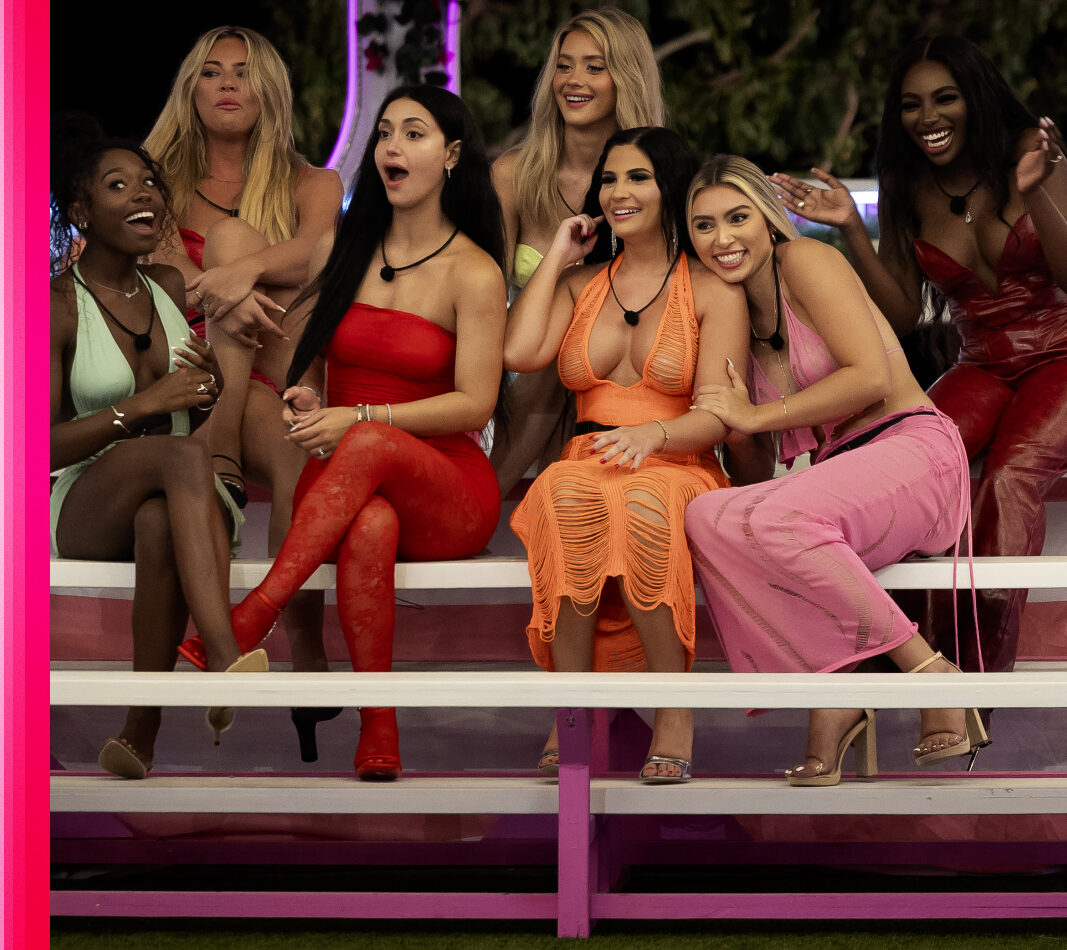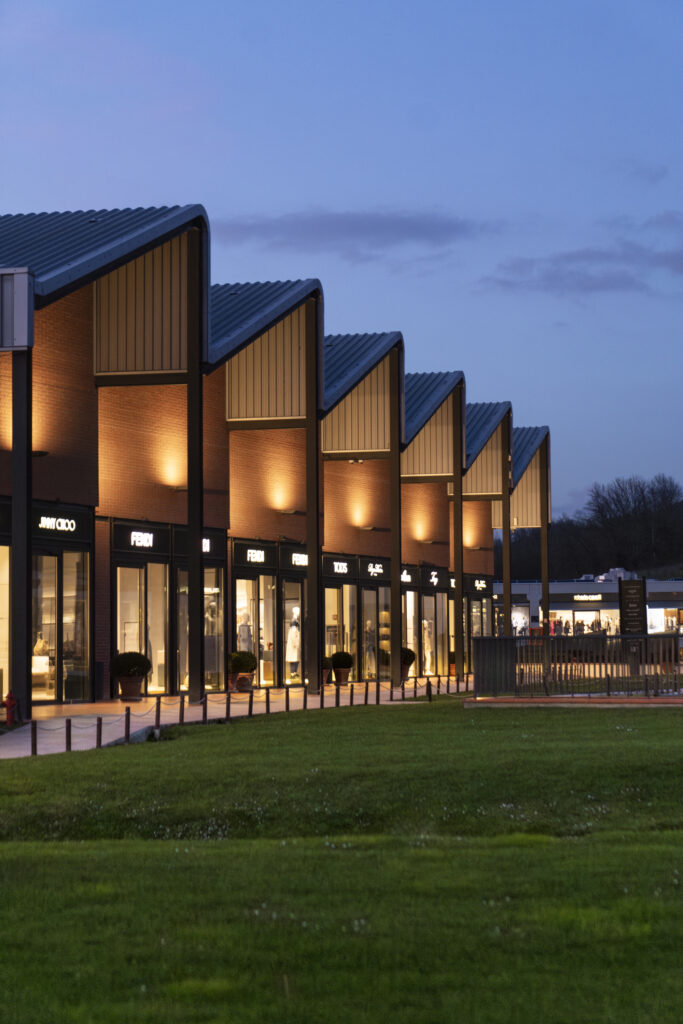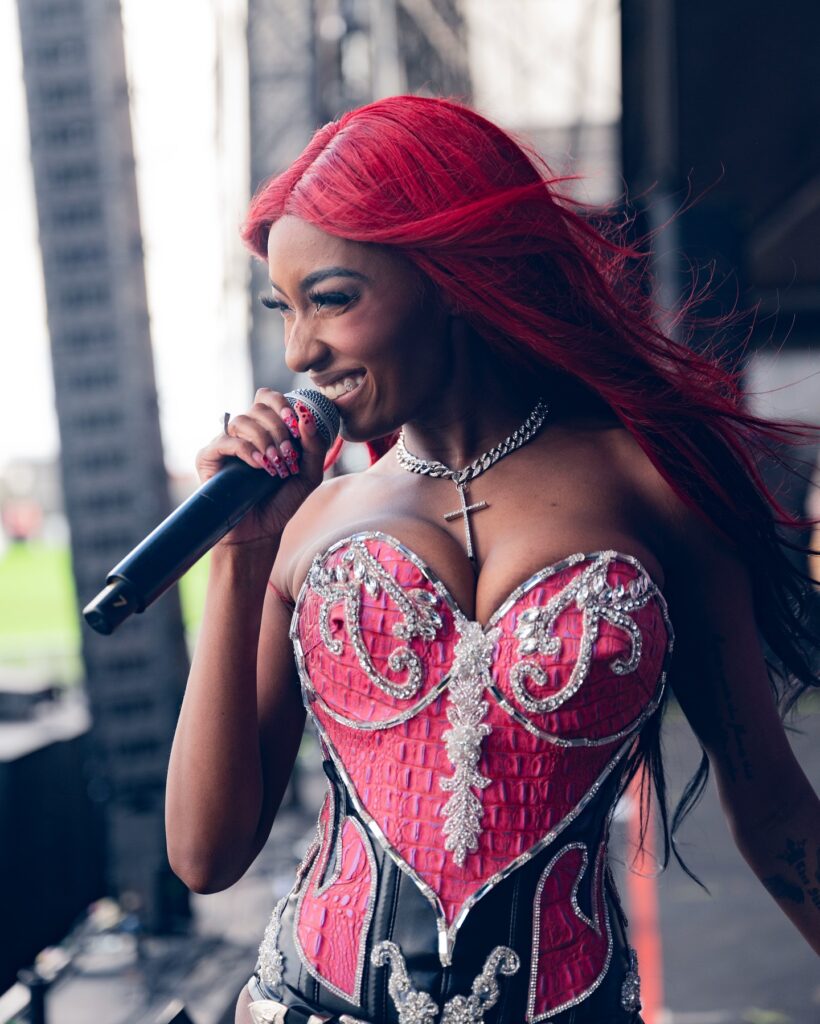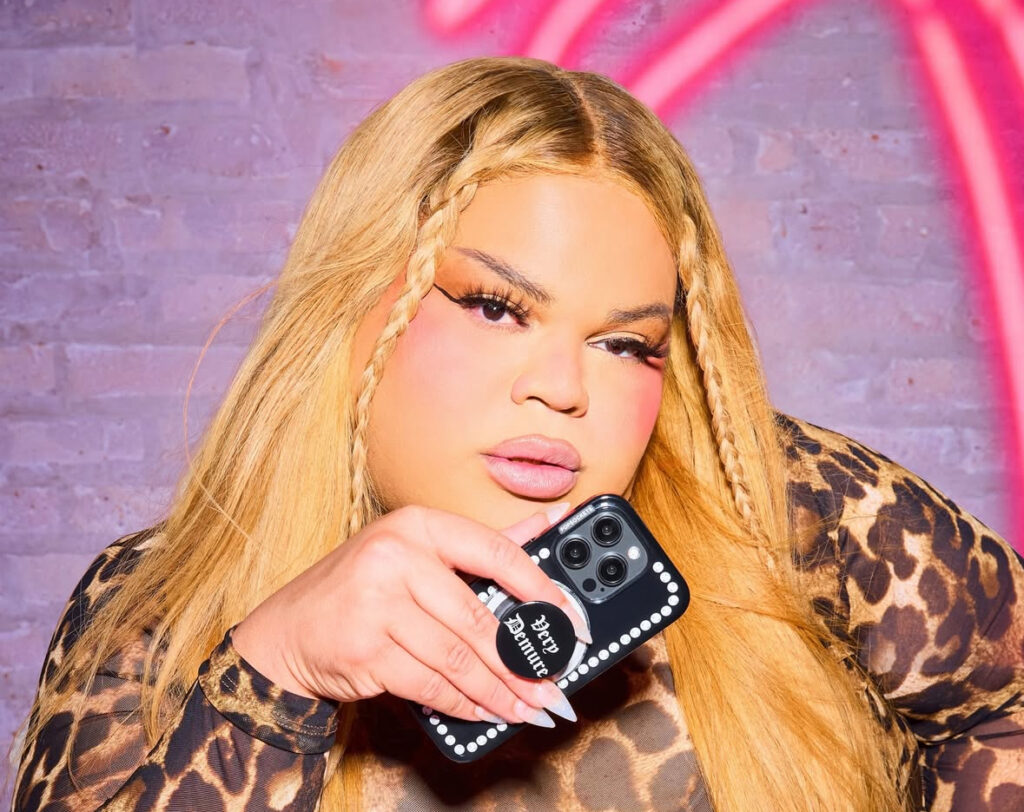The United States brought home 31 gold medals from the Paris Olympics, but Love Island USA claimed the title of the summer’s biggest winner. This led us to wonder: what draws viewers to the show and keeps them coming back? We explore the psychology behind the Love Island obsession, what made the latest season so captivating and what kept us all coming back for more.
Love Island UK
Love Island began in the UK as a reality competition dating show where singles compete in challenges for love and a cash prize.
Historically, the UK version had a reputation for being more entertaining than its US counterpart. From the lingo (like “Can I pull you for a chat?” and “fanny flutters”) to its dominant fandom, Love Island UK remained largely unrivaled in its franchise domination. One standout example is season five runner-up Molly-Mae, who transformed her time on the show into a million-dollar empire, with other UK alumni also achieving significant fame. Following the show’s global success, several spinoffs emerged, including Love Island USA.
Season 6 of Love Island USA

After many seasons where the UK version dominated, Love Island USA Season 6 bombshells entered the villa, surpassing the ratings of their UK counterpart and making reality television history. From July 5th to the 11th, Love Island USA brought in a total of 919 million watched minutes, becoming the most-watched streaming original series in the United States. But why?
The Reality TV Appeal
Reality TV’s voyeuristic allure has captivated audiences long before Love Island. Since The Real World first premiered in 1992, the unscripted genre has gained immense popularity. For some, it’s a nightly ritual; for others, a guilty pleasure. It provides content goldmines and an unfiltered view into the human psyche. It’s a peek into the cerebral inner workings of “normal” people that allows us to play judge and jury from the cozy comforts of our own homes.
Whether viewers watch total strangers battle it out for Flava Fav’s heart or form alliances in the live-streamed competition series Big Brother, reality TV offers unrestricted access to people at their most vulnerable. With Love Island, it’s given us a bird’s eye view into some of the best dating content on the market.
36 Real-Time Episodes
For two months straight, viewers got to tune in for daily episodes (excluding Wednesdays and Saturdays), feeding an urge for instant gratification that weekly releases can’t match. With 36 real-time episodes, it’s no wonder we became attached to the villa inhabitants. They felt like friends, family, and foes.
Add in the fact that after the episodes air, fans are able to gather online and share their takes on the episode and opinions of the relationships, which only fuels our engagement further and deepens our parasocial bond with the cast.
The Romance
Serena and Kordell’s season stealing romance gave us everything. A slow burn, groveling, angsty scandal with a movie-esque pier-front argument in back-to-back episodes? Shonda Rhimes couldn’t have written a better love sequence. This was made even sweeter by the Houston natives’ beating the odds (and naysayers) to end up together. How could viewers not be obsessed?
The Friendship
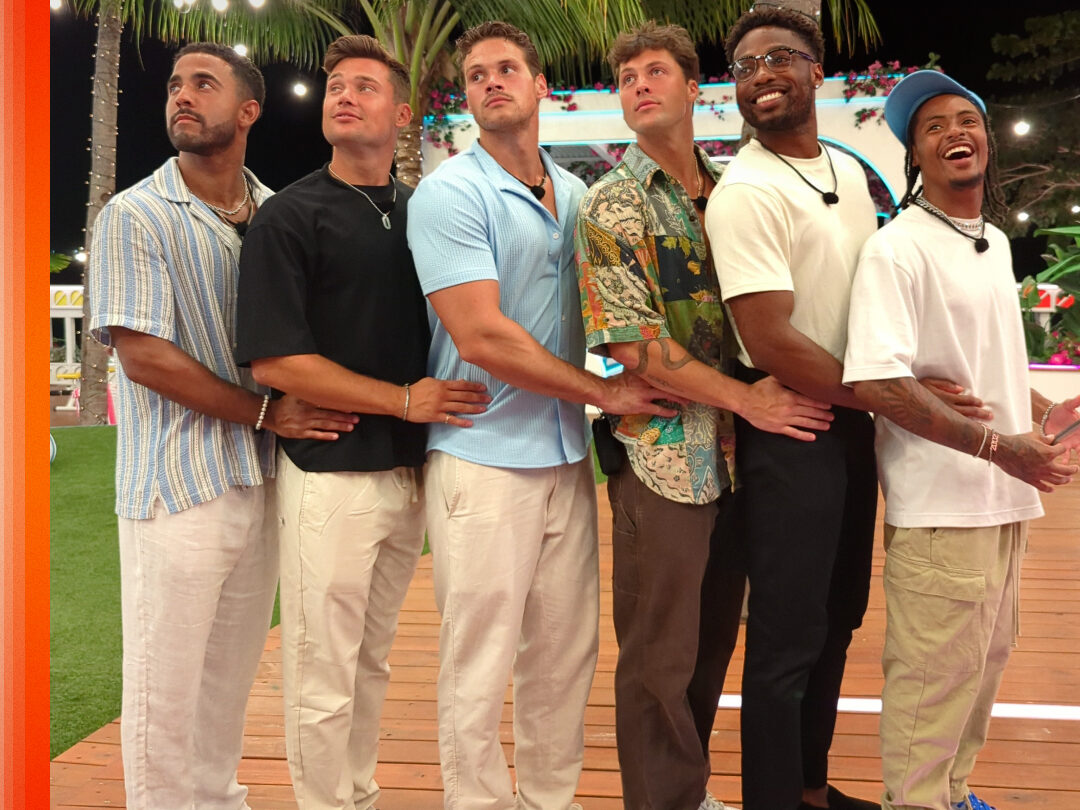
One of the most unifying themes for both the cast and fans is friendship. From Twitter to TikTok, the powerful onscreen friendships have been highlighted as a key element of this season’s success.
Despite their controversies, Rob and Aaron had some heartwarming moments. There were even times when their bromance held more public favor than their respective romantic relationships. Viewers couldn’t help but be enamored by the two and their bond.
Another example of the strong platonic bonds was a standout moment of the entire show: when the girls refused to send Jana home. It was a rare moment in dating show history, where sisterhood came first before any man. It’s also something many viewers at home can personally relate to, especially with all of the “girl’s, girl” discourse all over the internet. Seeing how these women stood up for their friend in such an unwavering manner resonated with fans as it reflected real life – and it became one of the brightest tropes from the entire season.
The Drama
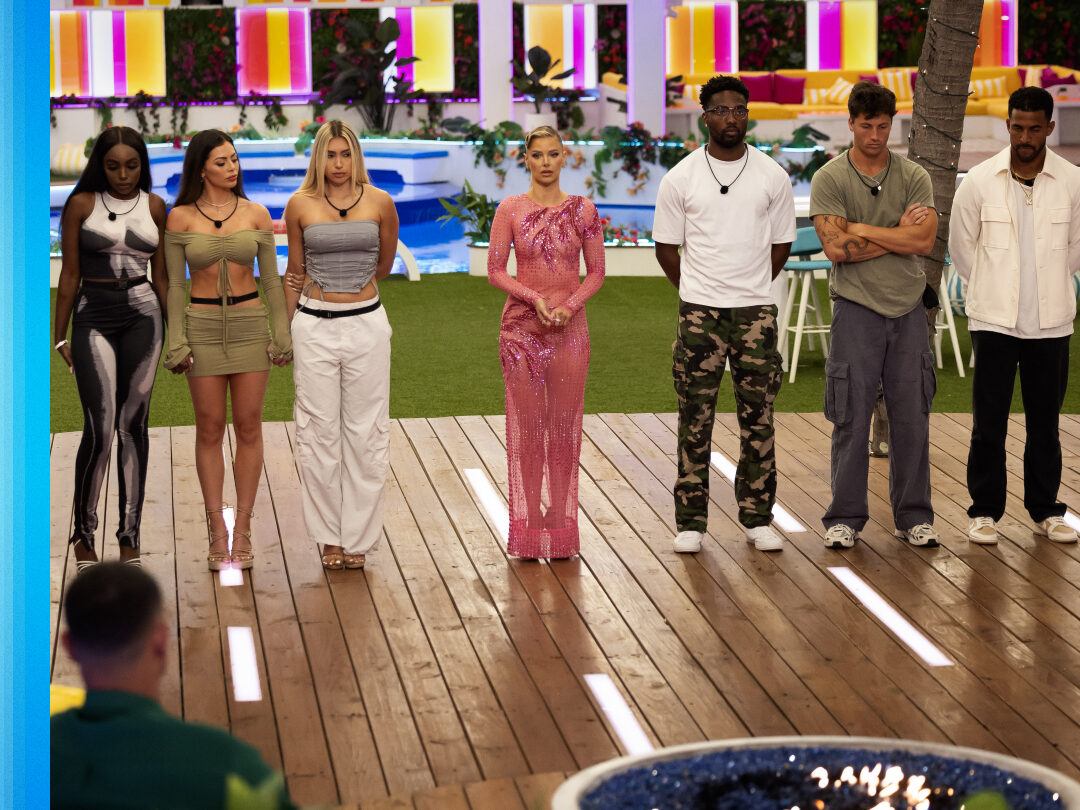
It was also the drama of these friendship dynamics that got us borderline addicted and kept viewers hooked.
Who could forget the tear-jerking elimination where Cassidy was sent home after none of her fellow Islanders stood behind her to save her from elimination? This left her fellow islanders and viewers at home feeling a mix of pity and guilt.
Another dramatic moment involved Serena and Jana rushing to Leah’s side during a heated argument about Leah’s role in sending Andrea home. Despite Leah’s actual involvement, Andrea’s elimination was already decided by the votes, adding complexity to the debate.
Andrea’s departure from the show was also one of the most infamous moments on the island, and also the clearest display of how much friendship fueled the allure of this season. When the girls voted Andrea off the island despite her coupling with Rob, most of the boys were not happy. They felt that Jana should be the one to go home since she was the only girl in the bottom three who was not in a couple.
Multiple people cried; Miguel criticized the decision as illogical; and Aaron famously proclaimed, “It’s not f***ing friendship island.” This moment showed how big loyalty was on the island, a theme that hasn’t been as heavily present in other seasons.
Something For Everyone
As viewers, we got to feel the highs and lows of all these emotions along with the rest of the cast. All of this deepened our devotion to the show, making us wait for the next episode with bated breath and strong opinions.
Whether you watched for the tiffs, makeups, romance, or camaraderie, Season 6 of Love Island USA delivered everything viewers crave. The mix of non-stop drama, the romance and emotional depth that tugged at our heartstrings, and the strong friendships that make the show so relatable drew in millions, putting Love Island USA into a reality tv league of its own.

